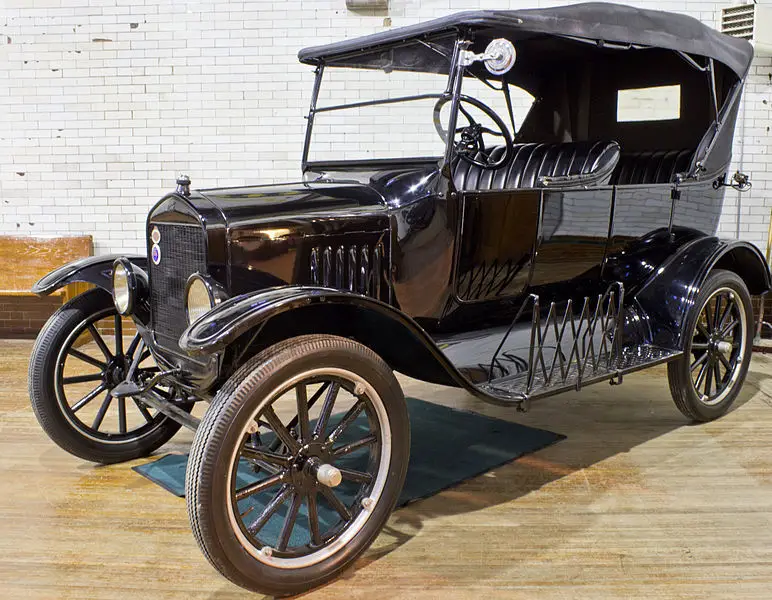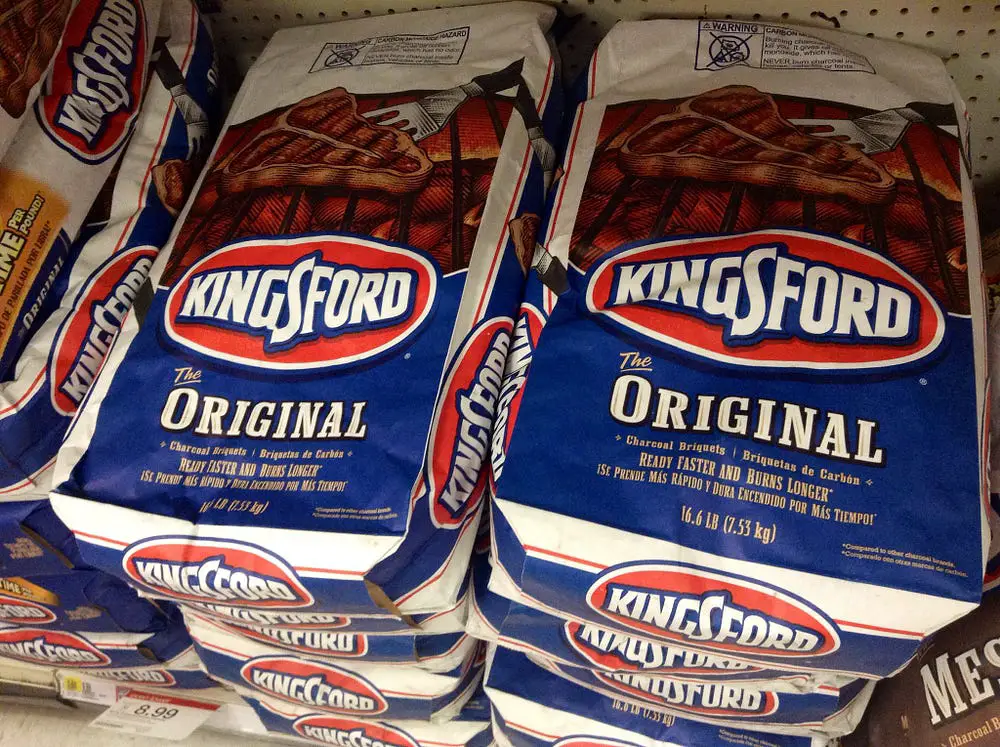Henry Ford started Ford Motor Company and developed the moving assembly line for the mass production of his automobiles, but he also came up with a completely different product for mass production — charcoal briquets.
Ford sold more than one million Model T’s in 1919, and in each of those Model T’s was 100 feet of timber. Because of the amount of timber that had to be used in the cars, Ford decided he wanted to produce his own supply. He enlisted the help of Edward G. Kingsford, a real estate agent in Michigan, to find him a supply of timber. It just so happened Kingsford’s wife was a cousin of Ford.
Kingsford helped Ford buy 313,000 acres of land in Iron Mountain, Michigan. Ford constructed a sawmill on his new land and built a town next to it which was called Kingsford. It was an area for the workers on the site to live.
While the mill made and supplied the necessary wooden parts for the Model T, Ford soon had another problem. The mill was producing a lot of wasted lumber and sawdust. But Ford soon found a solution. A chemist named Orin Stafford had developed a process that addressed Ford’s problem. Stafford had come up with a way to use waste material from sawmills that could be used as a fuel and quickly formed into charcoal. He mixed the wooden waste that had become charcoal powder with tar and then bound them into small blocks using starch and water. Stafford called them charcoal briquettes.

After Ford negotiated a deal with Stafford to use the process, he constructed a briquette factory next to the sawmill that was designed by Thomas Edison. He then named the new business Ford Charcoal and changed the name of the charcoal blocks to “briquets.” The factory produced 681 pounds of charcoal from every ton of scrap, and the briquets sold later only from Ford dealerships. The dealerships also sold portable grills to use them in.
After World War II, the world of suburban backyard grilling using charcoal briquets began to take off. A group of investors bought Ford Charcoal in 1951, and the name of the company was changed to Kingsford Products in honor of E.G. Kingsford and the town next to the factory. Kingsford was later purchased by Clorox Inc., and today, Kingsford Products converts one million tons of wood scrap into charcoal briquets every year.
Sources: NY Times, Philadelphia Inquirer, USA Today, Kingsford, Legal News


